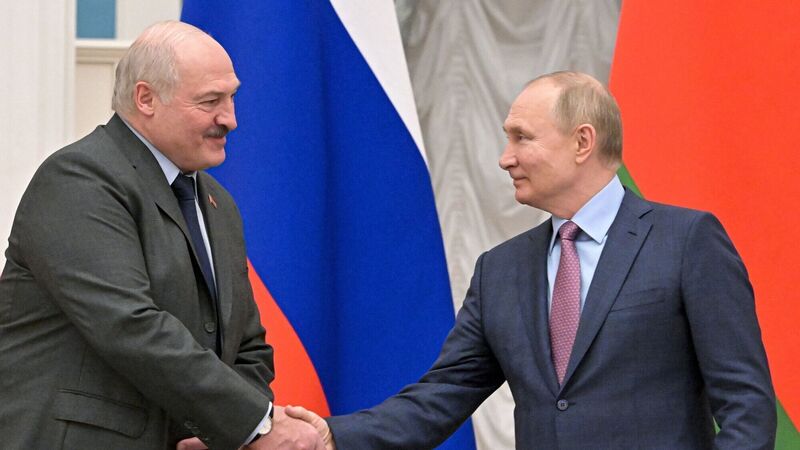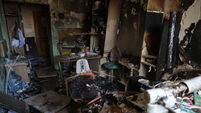Tania Reut: Majority of Belarusians do not support Russia's war on Ukraine

Russian President Vladimir Putin and Belarusian President Alexander Lukashenko in the Kremlin in Moscow last month. Picture: Sergei Guneyev/Sputnik/Kremlin/AP
Belarus is Russia’s ally in the war against Ukraine. However, that does not mean that the people of Belarus support the war. As a journalist born and raised in Minsk, I understand why Belarusian President Alexander Lukashenko obeys Russian President Vladimir Putin and what this means for the people of Belarus and Ukraine.
Although there has been no evidence that Belarusian troops have stepped on Ukrainian soil, Belarus, or rather its authoritarian leader Lukashenko, has supported the aggressor in many ways — most importantly by becoming the foothold for the Russian army.
















